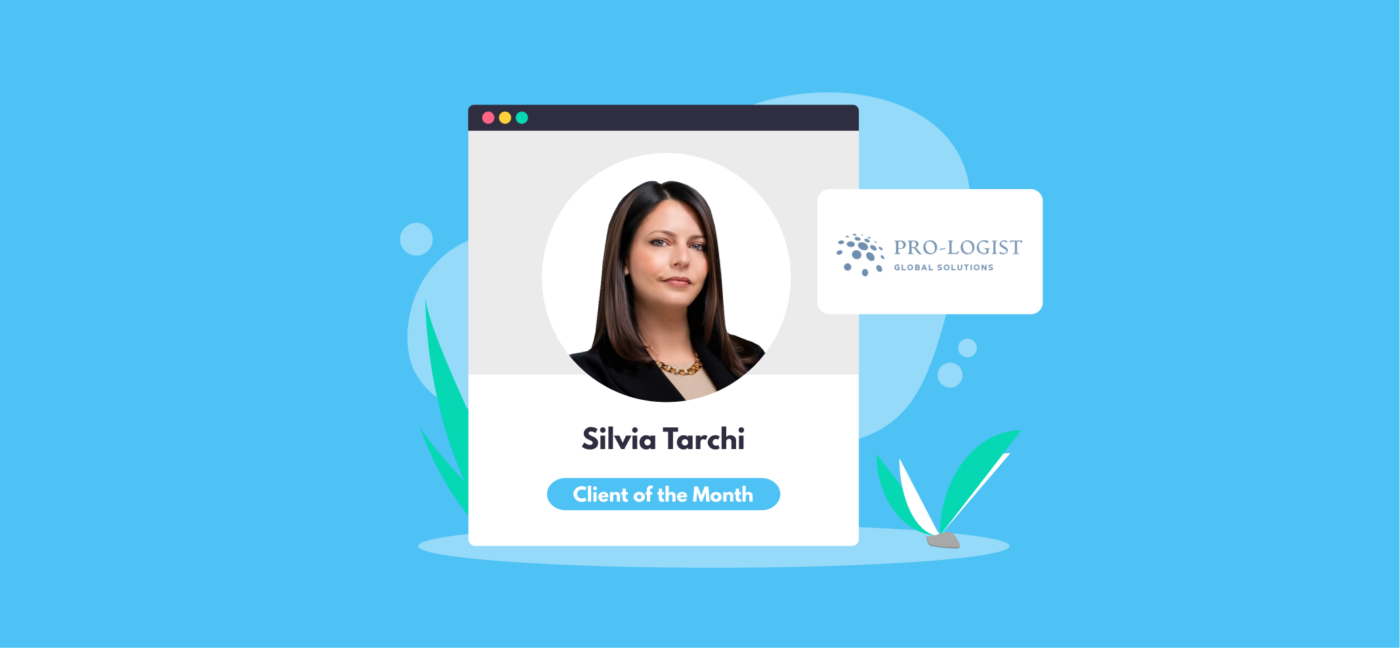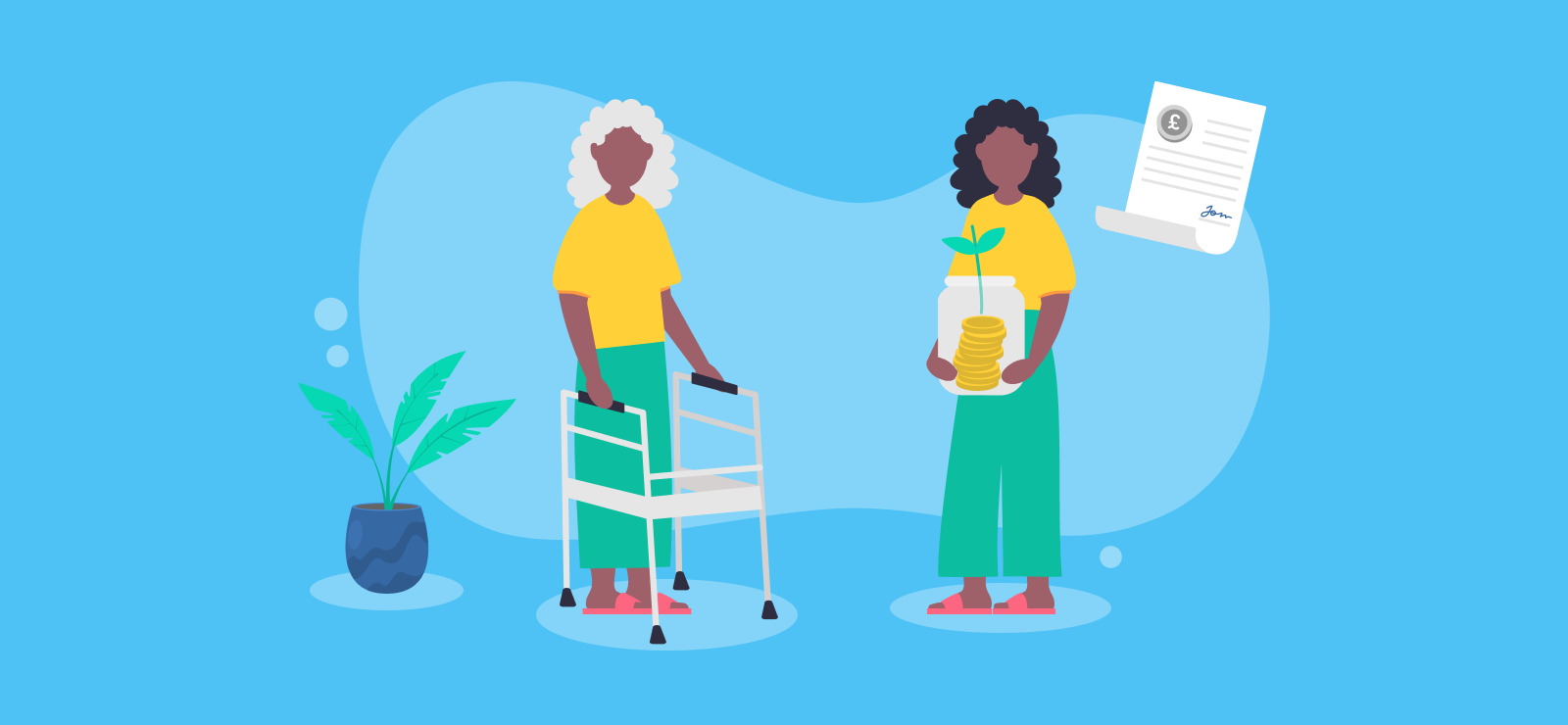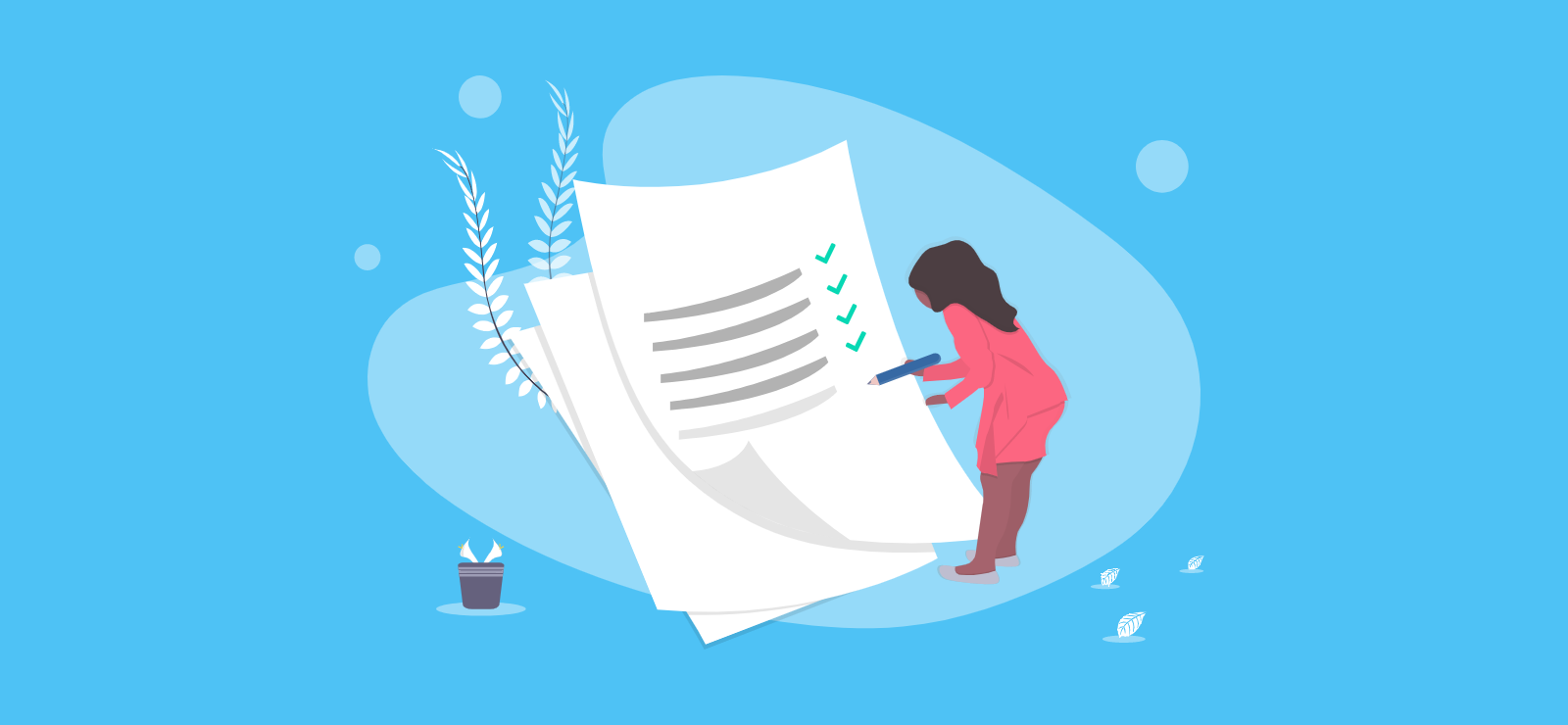

Claiming Business Expenses When You’re Self-Employed
Two of the most common misconceptions about business expenses are that you get money back from… somewhere (nope), and that you can claim for anything (no again). Whilst the idea of ‘claiming expenses’ makes it sound like someone is giving the money back to you, what you’re really doing is claiming tax relief.
In short, your expenses are offset against the money your business earns, and you’ll pay tax on the amount that’s left (the profits) once you deduct these allowable expenses.
But how are you supposed to know which business expenses are claimable and which ones aren’t? It can certainly be a minefield and let’s face it, no-one wants to pay more tax than they have to. To help you avoid falling foul of HMRC we’ve put together this general guide which signposts more specific information along the way (expenses are complicated!).
How business expenses work
Business expenses are important because you pay tax on the profits that are left over once you deduct these expenses from the income figures.
For example, if you charge someone £100 for a service, but you spend £10 in order to deliver that service, then you only made £90 profit. In that case, you should only pay tax on £90 and not the full £100.
If you’re a basic tax rate taxpayer, you would save 20% tax on £10, which would be a saving of £2. Applying this principle to all your expenses can add up to some hefty savings which really reduce your tax bill.
Are capital expenses the same as regular expenses?
Capital expenses usually relate to larger items that your business will use for a reasonable period of time. This might include items like office desks or computers – essentially, things you need to buy for your business that you would expect to last you at least a year.
They’re a bit different to your normal business expenses (sometimes referred to as ‘revenue’ expenses) which tend to be things you buy for your business that generally last less than a year before they’re “used up”. Day-to-day items like stock, paper, water cooler bottles, and printer ink are good examples.
If you’re using cash basis of accounting then some expenses may be treated the same as capital expenditure. We’re happy to help with this one if you’re not sure!
What are simplified expenses?
If you’re a sole trader, you might decide to use simplified expenses, and work out your claim for tax relief using flat rates rather than spending lots of time and energy separating out your personal expenses in order to calculate the actual costs.
It also means you have far fewer receipts and paperwork floating around, although you still need to keep records as accurately as you can. It’s entirely up to you whether you use simplified or actual expenses when claiming tax relief.
Who can use simplified expenses?
| You can use simplified expenses if you are: | You cannot use simplified expenses if: |
|
|
Can I claim back all my business expenses against my tax bill?
Sadly, no – there are some exceptions. HMRC is quite specific about business expenses that can be claimed, and which can’t – known as allowable or disallowable expenses.
The expenses you plan to claim tax relief on must have been “wholly and exclusively” incurred in the course of running your business. You need to be really careful you don’t accidentally claim for a personal expense – only business expenses are allowable.
As long as your business expenses are “allowable” and the purchases have been made entirely for business purposes, you should be able to claim. It doesn’t matter how small your business is either, with start-ups, sole traders and micro-businesses all benefitting.
What business expenses are allowable?
This is the bit that trips lots of business owners up, and we often see people missing out on tax relief because they’re not sure if an expense is allowable or not. If you have an accountant, then this is one of the areas where they really earn their fee! HMRC also have a help sheet about how to calculate your taxable profits for Self Assessment. It contains a handy table of the most common business expenses, both allowable and disallowable.
There are all sorts of allowable business expenses, and this isn’t an exhaustive list. But as a guide some of the most common ones include:
- Business premises: Rent and utility bills, although costs relating to the purchase of a property cannot be included.
- Office costs: Phone bills, stationery, IT maintenance, postage etc.
- Travel: Fuel or mileage costs for eligible business travel. You can also claim for parking and for plane or train tickets, although general commuting costs cannot be included. Travel expenses can also include hotels and meals whilst you’re away.
- Staff costs: Such as reimbursing employee expenses, salaries and bonuses, pension contributions and staff entertainment. You might even be able to claim expenses relating to Christmas parties and staff gifts.
- Clothing: This usually refers to uniforms or protective clothing as long as you use these items exclusively for work, and you have to wear them for safety, performance, or advertising.
- Vehicles: The rules for vehicle expenses vary depending on whether you own the vehicle through a limited company or personally, and what method you use to work out your vehicle expenses. There are also different considerations for electric and hybrid cars, so this is a particularly complicated area!
- Legal and financial: Accountancy services, insurance policies and solicitors fees are good examples here.
- Marketing and advertising: Leaflets, printed adverts and website maintenance costs etc.
- Items bought to sell on: Stock, raw materials, merchandise etc.
Can you claim business expenses when working from home?
Many costs you incur in running your business from home are tax deductible. These costs include things like a portion of your mortgage interest or rent payments, water, electricity, gas, council tax and other utility or household bills. It might even include any excess mobile phone or internet usage.
The key thing here though is that you can only claim for the proportion that’s related to your business. It can be a little tricky to work out, so we put together a separate guide on this topic.
How do I work out my allowable expenses?
Calculating the expenses which relate solely to your business is pretty straightforward if your bookkeeping records are accurate and up-to-date, though it can get a bit more confusing if you have costs which relate to both personal and business use.
For instance, if you use your mobile phone for both private calls and for the business, you can only claim relief on the business element.
For example
Your mobile phone bill for the year is £200. 70% of this was personal use, with 30% for business use. This means 30% of the bill (£60) is claimable as a business expense.
Can I claim the Trading Allowance and expenses?
The Trading Allowance means that sole traders can earn up to £1,000 from self-employment before needing to register with HMRC. If you do need to register though, you can still offset the allowance against your self-employed earnings.
Unfortunately, you can’t claim both the Trading Allowance and tax relief on your expenses at the same time, but you do get to choose which one you use. Our advice is to work out your expenses, and then claim whichever amount is higher! This is perfect if you’re just starting out or simply earning a bit of extra money as a side-hustle.
What business expenses can’t I claim?
Again this isn’t an exhaustive list, but generally you can’t include these items as an allowable business expense:
- Travel that is non-work related: Travel between home and your workplace, motoring or parking fines and other non-business-related travel costs.
- Goods that are for personal use.
- Premises acquisition: This includes the purchase cost of any new premises, plus any legal fees connected to the purchase (however, you may be able to claim the structures and buildings capital allowance).
- Non-business staff expenses: This includes childcare or domestic help, nannies or carers.
- Non-work clothing: Including jeans and trainers etc.
- Customer entertainment: Event hospitality as well as entertaining customers, suppliers and clients.
- Training courses: Some training courses may be claimable as long as they directly relate to your business – CPD courses for example. However, ones that don’t relate to your business will not be classed as an allowable expense.
- Donations: This includes donations to political or charitable organisations.
How do I claim my allowable business expenses?
Having accurate, up-to-date financial records (which include your business expenses) will help you to enter the details correctly into your tax return so that you can claim tax relief on all those allowable expenses.
HMRC doesn’t usually ask to see any evidence of your business expenses, although they’re well within their rights to request proof if there’s any hint of inaccuracies. Don’t risk getting your expense claim rejected!
Learn more about our online accounting services and get the tax relief support you need. Call 020 3355 4047 or get an instant online quote.
Want to learn more?
Subscribe to our newsletter to get accounting tips like this right to your inbox

Read more posts...

April 2024 Client of the Month: Pro-Logist ltd
23rd April 2024This month we spoke to Silvia, Managing Director of Pro-Logist ltd! Pro-Logist ltd | LinkedIn Hey Silvia! Tell us about your business Pro-Logist,…
Read More
The Self-Employed Guide to Retirement Planning
19th April 2024Pension planning is often something we forget about until later in life, but the earlier you think about it, the better. Everyone…
Read More
14 Accountancy Terms Explained for Startups
17th April 2024Starting a business can be complicated enough, especially with all the new lingo that crops up along the way. In this article…
Read MoreConfirm Transactions
The number of monthly transactions you have entered based on your turnover seem high. A transaction is one bookkeeping entry such as a sale, purchase, payment or receipt. Are you sure this is correct?
Please contact our sales team if you’re unsure
VAT Returns
It is unlikely you will need this service, unless you are voluntarily registered for VAT.
Are you sure this is correct?
Call us on 020 3355 4047 if you’re not sure.
Bookkeeping
You will receive our bookkeeping software Pandle for free, as part of your package.
You can use this to complete your own bookkeeping, or we can provide a quote to complete your bookkeeping for you.
Please select and option below:
Call us on 020 3355 4047 if you’re not sure.

